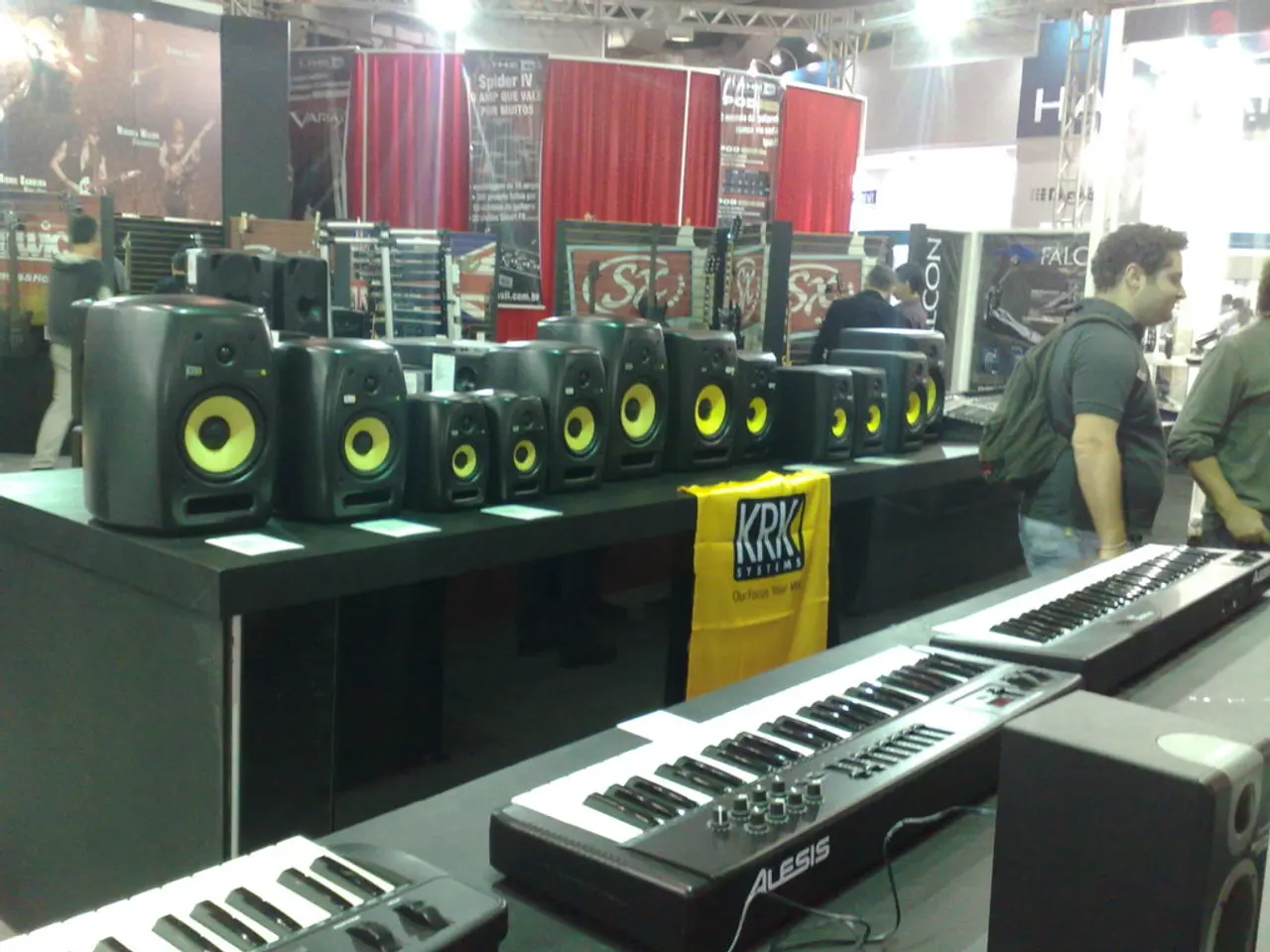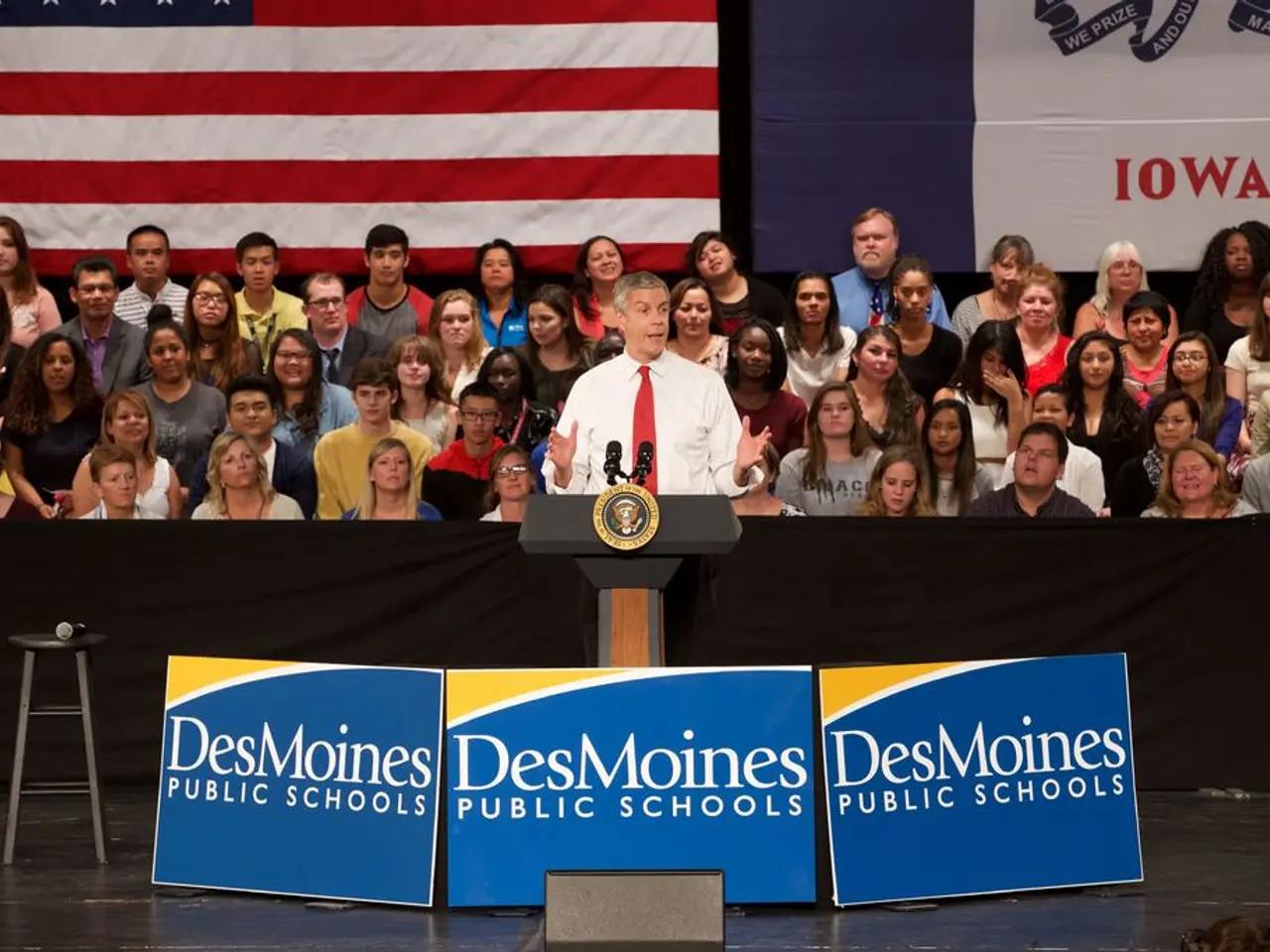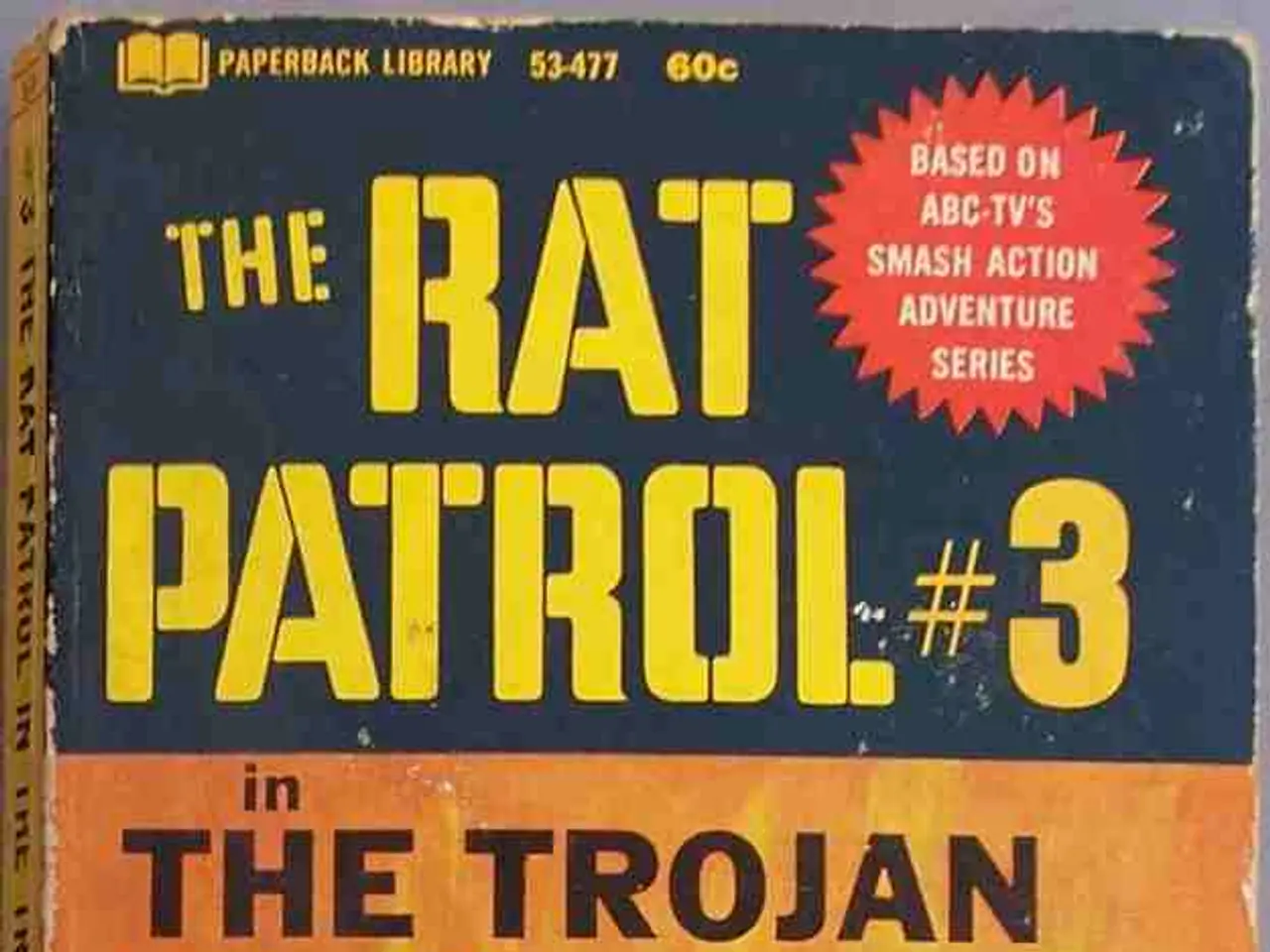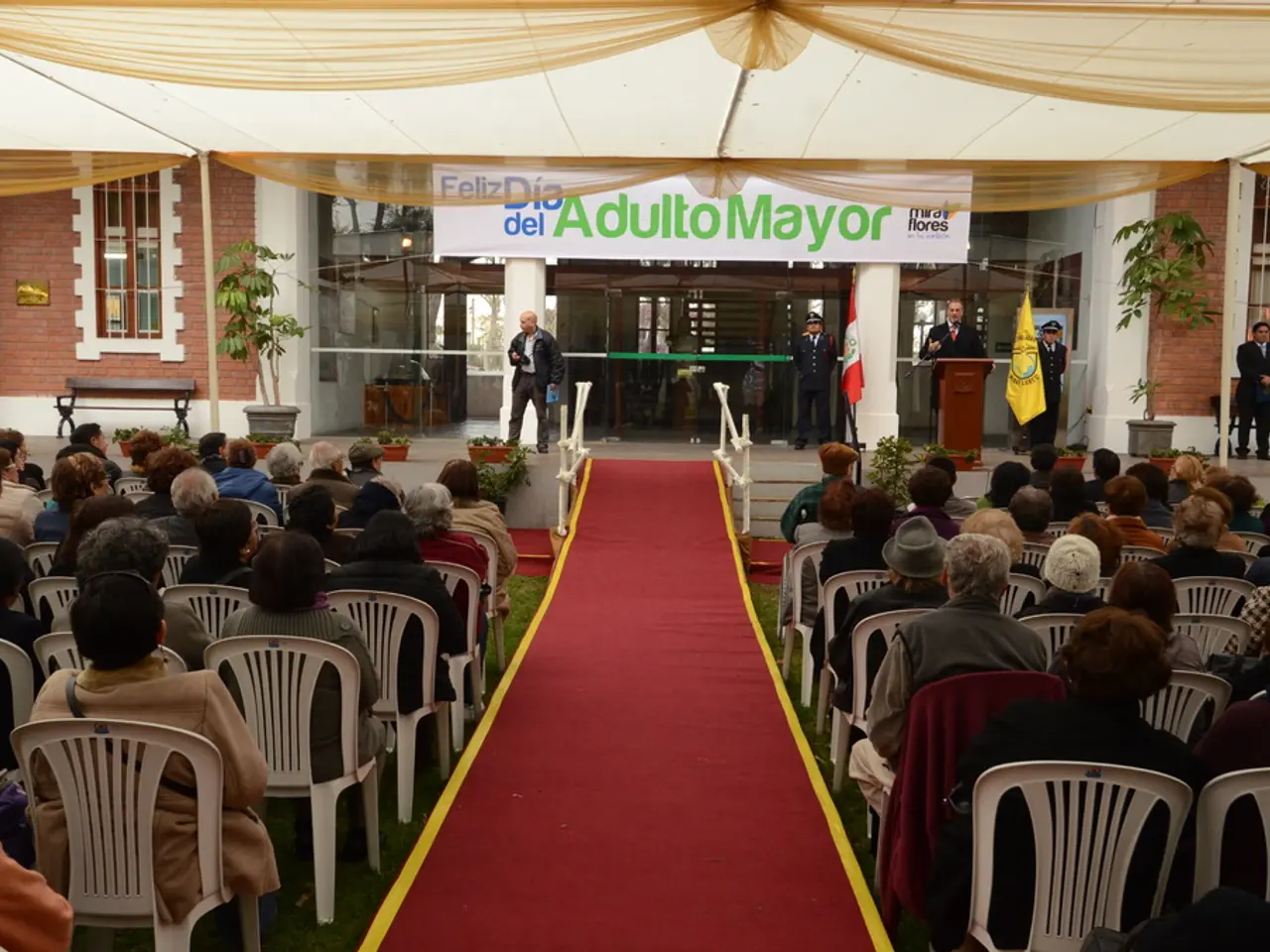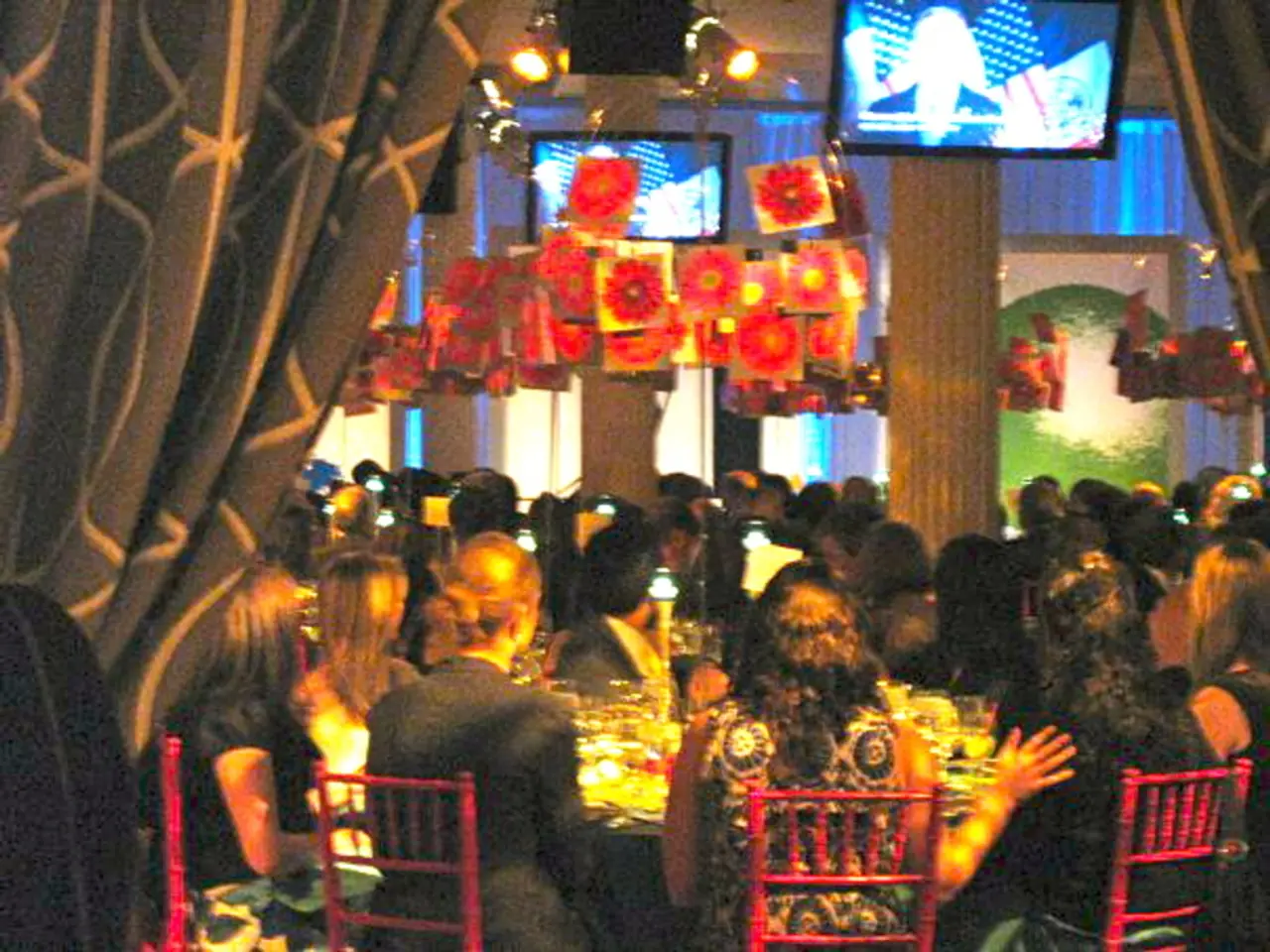Mississippi targets sweepstakes casinos for legal action
In the heart of the United States, Mississippi is currently embroiled in a contentious debate over Senate Bill 2510 (SB 2510), a proposed legislation aimed at outlawing sweepstakes casinos. The bill, sponsored by Senator Joey Fillingane, passed the Mississippi Senate unanimously with a 44-1 vote in early 2025, seeking to increase criminal penalties for offering illegal online gambling, including sweepstakes games[1][2][4].
The bill, if enacted, would make it a felony to operate a sweepstakes casino, with potential penalties including fines of up to $10,000 and imprisonment for up to 10 years[1][2]. The legislation comes as part of a broader crackdown by Mississippi authorities, with legal actions against over 50 sweepstakes casino operators perceived as illegal gambling sites[1].
However, the bill's passage in the Senate has not been without opposition. In the House of Representatives, the bill was passed with some opposition, with a vote of 83-19[3]. This division reflects the broader debate surrounding SB 2510, with some arguing that it is necessary to protect citizens from the perceived dangers of online gambling, while others see it as an infringement on individual freedom.
At the centre of this debate is the Social Gaming and Poker Association (SPGA), a recently established association formed to oppose antagonistic legislation and to raise awareness for the sweepstakes casinos model. The SPGA has criticised SB 2510 for treating sweepstakes casinos as a crime and imposing such severe penalties[4].
Social sweepstakes are part of a long-established industry of social casino games enjoyed by tens of millions of adults across America. The SPGA has emphasised that social sweepstakes are free-to-play games that never require a purchase for a player to win a game[4]. The association has also expressed concern that the bill may be a transparent and misguided attempt to pay out protectionist favours for the casino industry[4].
The SPGA has made it clear that they will continue to oppose antagonistic legislation and raise awareness for the sweepstakes casinos model. In a statement, the association asserted that the bill is a clear attempt to suppress the social sweepstakes industry, which is part of a long-established industry of social casino games enjoyed by tens of millions of adults across America[4].
The next step for SB 2510 is for the House of Representatives to vote or send the bill back for reconsideration to the Senate. If both chambers clear the bill, it will be down to the governor's office to enforce it. The SPGA has vowed to continue advocating for individual freedom and the right of Mississippi adults to choose their own entertainment options.
References: [1] Mississippi Today. (2025). Senate bill to ban sweepstakes casinos passes unanimously. Retrieved from https://mississippitoday.org/2025/02/18/senate-bill-to-ban-sweepstakes-casinos-passes-unanimously/ [2] Jackson Free Press. (2025). Mississippi Senate passes bill to ban sweepstakes casinos. Retrieved from https://www.jacksonfreepress.com/news/2025/02/18/mississippi-senate-passes-bill-ban-sweepstakes-casinos/ [3] Clarion Ledger. (2025). Mississippi House passes bill to ban sweepstakes casinos. Retrieved from https://www.clarionledger.com/story/news/politics/2025/03/02/mississippi-house-passes-bill-ban-sweepstakes-casinos/68493476007/ [4] SPGA. (2025). SPGA issues statement on Mississippi's SB 2510. Retrieved from https://www.spga.org/news/spga-issues-statement-on-mississippis-sb-2510/
- The Social Gaming and Poker Association (SPGA) has criticized Senate Bill 2510 for treating sweepstakes casinos as a crime and imposing severe penalties.
- The SPGA believes that social sweepstakes are free-to-play games that never require a purchase for a player to win a game.
- The SPGA has expressed concern that the bill may be a transparent and misguided attempt to pay out protectionist favors for the casino industry.
- The SPGA has vowed to continue advocating for individual freedom and the right of Mississippi adults to choose their own entertainment options, in the ongoing debate over Senate Bill 2510.
